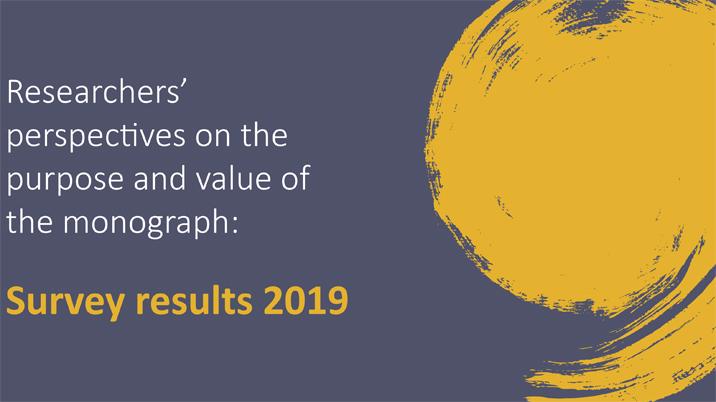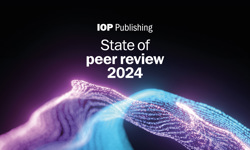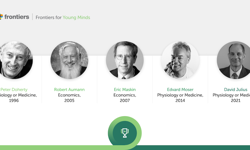
Oxford and Cambridge University Presses together carried out a large-scale survey over the summer. The survey was open to researchers in Humanities and Social Sciences at all stages of their careers and garnered almost 5,000 responses. The results have been released this week in a report entitled: Researchers’ perspectives on the purpose and value of the monograph.
The report finds that, for scholars of Humanities and Social Sciences, the monograph remains a vital part of the scholarly ecosystem. Respondents felt it complemented the journal article, while playing its own unique role as a medium for both research and publication. In fact, together with the scholarly journal, the monograph remains the core medium for the dissemination and debate of new research and can define areas of study for decades. They remain a vital measure of scholarly excellence and achievement, especially in the Humanities.
Furthermore, the report finds that the value of the monograph lies not just in the discovery and reading but also in its creation. Respondents suggested that the act of writing a monograph supports the research process in and of itself, helping researchers to organize and enrich their thinking through its scale and scope as a format and the freedom it allows to develop interconnected, complex arguments.
Looking to the future, survey respondents at all stages of their careers declared that the monograph would still have value in ten years’ time. However, they felt that experimentation and evolution would be necessary for it to remain relevant and useful, with a particular desire for improved access and discoverability.
David Clark, Managing Director of the Academic Division at Oxford University Press, said: “This has been a really valuable experience. For many years we’ve heard that the days of the monograph are numbered but understanding its continuing value for our authors and readers through this research means that we can now focus on their future.”
Mandy Hill, Managing Director of the Academic Division at Cambridge University Press, said: “The volume, and the passion, of responses that this survey generated is indicative of how important this topic is for the scholarly communities our two businesses serve. The results emphasize that the monograph remains highly valued but also the need and potential for future evolution, which I’m keen to explore.”










